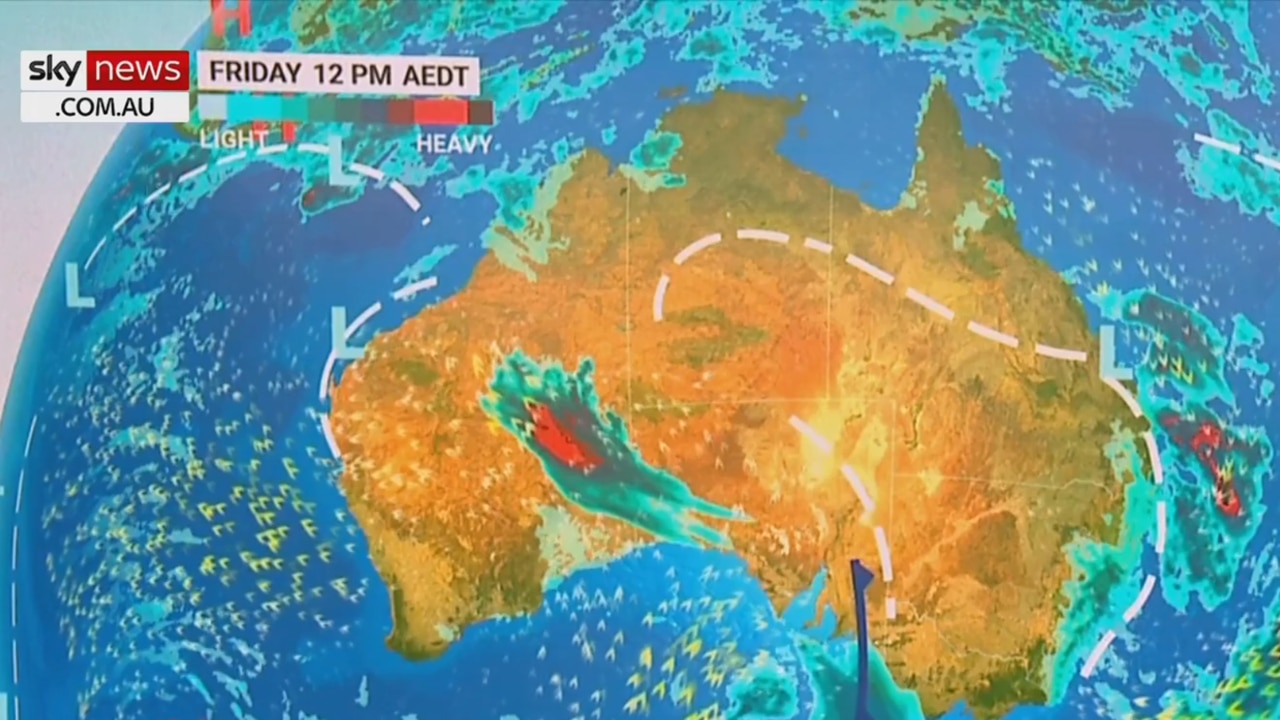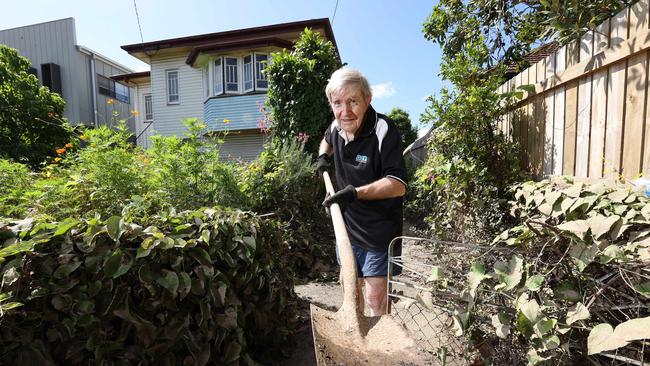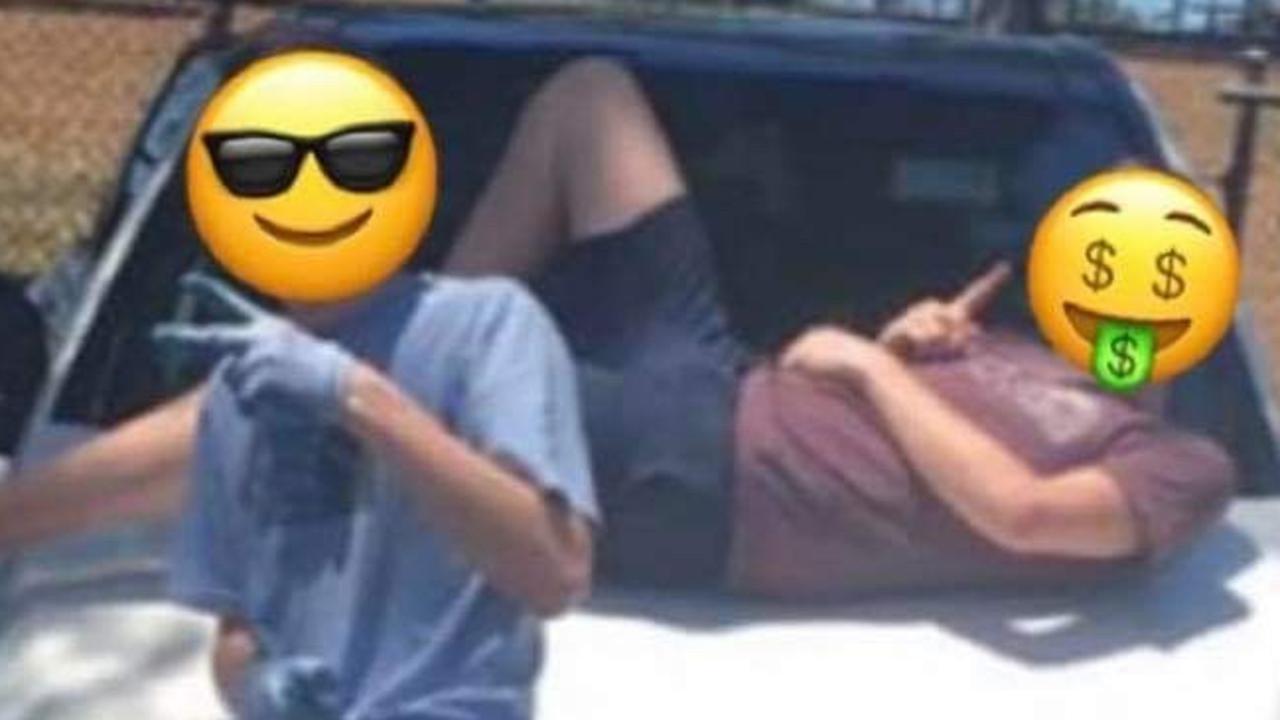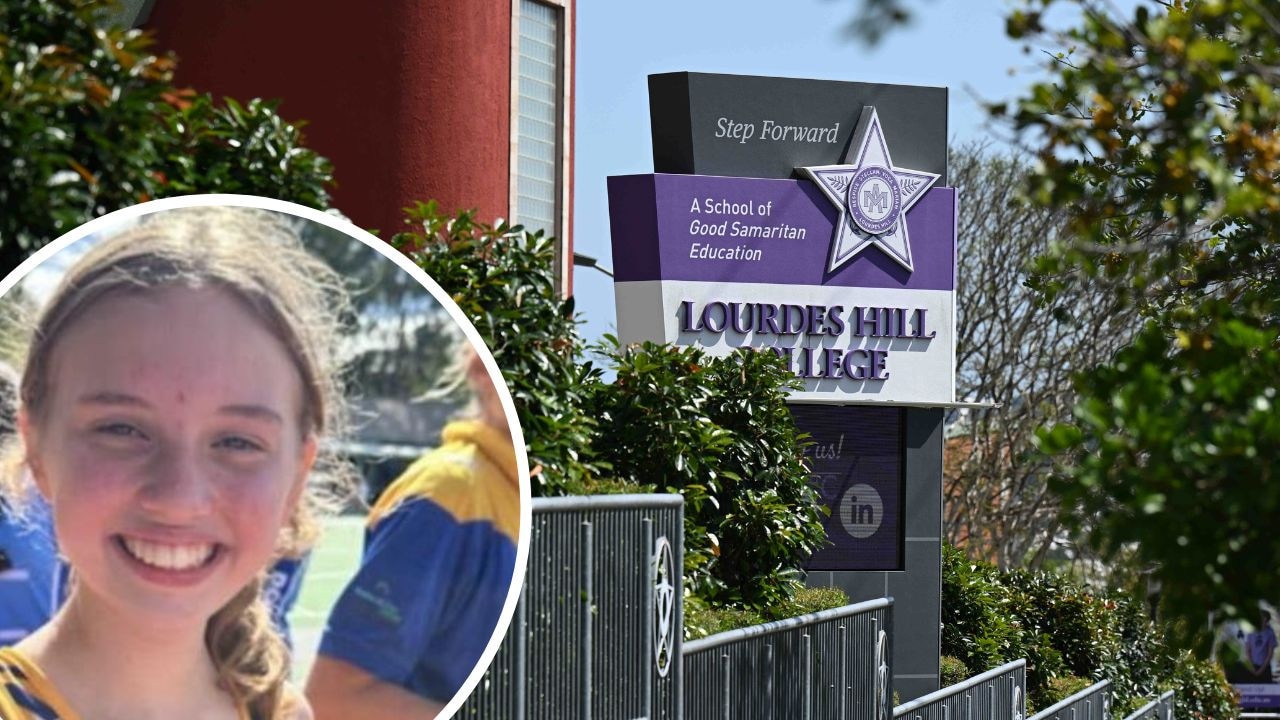Flood brings out the very best and very worst in locals
Unfortunately anytime there’s disaster we see both the best and worst of humankind. The South East Queensland floods have been no different, writes Kylie Lang.

Kylie Lang
Don't miss out on the headlines from Kylie Lang. Followed categories will be added to My News.
While many of us were helping friends and strangers clean up during the floods, others were helping themselves.
Oh, the contradiction chaos elicits.
Be it a natural disaster, war, depression or other calamity, we see the very best and worst of humankind.
More than 8000 people have signed up for Brisbane City Council’s Mud Army 2.0, no doubt many of them repeating the good works they did in the floods of 2011. Volunteers are like that.
These givers - whose massive job was to begin yesterday but postponed due to Premier Annastacia Palaszczuk’s stay-at-home directive - join countless others who’ve been toiling away since the wee hours of Monday morning.
And then you have the grubs, the looters who view another’s suffering as an opportunity for personal gain. Their proliferation has necessitated a special police taskforce.
There are also people who do nothing. If the flood hasn’t touched them, do they think they are somehow removed from it all, not part of this community we call Queensland? Beats me.

My direct experiences this week highlight the stark disparity in the way humans choose to behave.
While mucking in at the flood-affected OMG! Decadent Donuts shop in Ascot in Brisbane’s inner north on Monday, one young bloke popped his head in and asked if he could help after seeing a social media post about the damage. Nice one!
Within the space of a few minutes, another guy whose observation skills were nil demanded to know why he couldn’t buy any donuts. He left disgruntled, contributing nothing but negativity. Thumbs down!
Later that afternoon, pitching in at The Compounding Lab pharmacy in Albion, I watched furniture pile up across the road as shattered business owners continued their emotionally and physically exhausting task.
There were some good pieces, including an ornate timber table and a pair of white stools, and someone said, “if you don’t take them, someone else will”. I didn’t. And she was correct.

On the bright side, as we’ve seen throughout the Covid-19 pandemic, the majority of people do the right thing.
The supermarket brawlers who believe toilet paper is worth thumping someone for; the people who refuse to get vaccinated; and those who defy restrictions designed to protect them and others are, thankfully, in the minority.
Look at it this way: crisis situations are opportunities for us to be our best selves.
We can interact more, be more generous, be kinder, and offer light when there is darkness.
In her excellent book A Paradise Built in Hell, American historian Rebecca Solnit analyses the spontaneous responses of people to a range of catastrophes, from the 1906 San Francisco earthquake, to the 9/11 terrorist attacks in 2001, to Hurricane Katrina in 2005.
“The history of disaster demonstrates that most of us are social animals, hungry for connection, as well as for purpose and meaning,” Ms Solnit says.

When chaos strikes, it “drags us into emergencies that require we act, and act altruistically, bravely, and with initiative in order to survive or save our neighbours, no matter how we vote or what we do for a living.”
She says when the ordinary divides and patterns of life are shattered, most people step up, and “that purposefulness and connectedness brings joy even amidst death, chaos, fear and loss”.
Imagine how much more we’d do, and how much better off we’d be both individually and as a society, if we realised and accepted this.
Ms Solnit says “the gap between common beliefs and actualities limits the possibilities” of human behaviour in a disaster.
“Horrible in itself, disaster is sometimes a door back into paradise, the realm in which we are who we hope to be, do the work we desire and are each our sisters’ and brothers’ keepers.”
Let’s keep fighting the good fight, Queensland.
Kylie Lang is the associate editor of The Courier-Mail
Email: Kylie.lang@news.com.au
.



